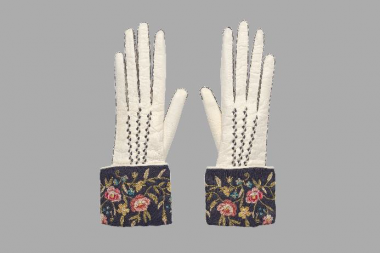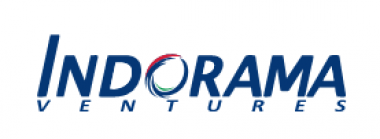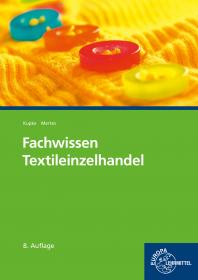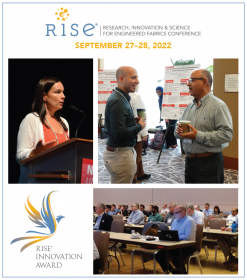Deutsches Ledermuseum zeigt Ausstellung DER HANDSCHUH: Mehr als ein Mode-Accessoire
Der Handschuh, das in der zweiten Hälfte des 20. Jahrhunderts aus der Mode gekommene Kleidungsstück, erfährt derzeit ein Comeback auf den internationalen Laufstegen und erhält auch durch die mit der Corona-Pandemie zusammenhängenden Hygiene-Maßnahmen mehr Aufmerksamkeit. Die reichhaltige Kulturgeschichte der Handbekleidung und den Facettenreichtum eines unterschätzten Accessoires zeigt das Deutsche Ledermuseum in Offenbach am Main ab dem 12. November 2022 in der Ausstellung DER HANDSCHUH: Mehr als ein Mode-Accessoire.
Die Ausstellung spannt mit Exponaten – aus der Sammlung ergänzt durch Leihgaben – einen Bogen von wärmenden Fäustlingen der Inuit über Sport- und Arbeitshandschuhe bis hin zu Modellen namhafter Designer*innen wie Marc Jacobs, Dries Van Noten und Yves Saint Laurent sowie bedeutender Modehäuser wie Chanel, Hermès und Prada. Dabei werden auch die verwendeten Materialien aus der Handschuhfertigung wie feines Glacé-Leder, Seide oder robustes Gummi eine Rolle spielen.
Im Rahmen der Ausstellung kooperiert das Deutsche Ledermuseum mit der Fakultät für Gestaltung Design PF der Hochschule Pforzheim, die den deutschlandweit einzigen Bachelorstudiengang ,Accessoire Design‘ anbietet. Zeitgenössische Entwürfe Studierender aus der Klasse von Prof. Madeleine Häse – von Ideenskizzen, Prototypen bis hin zu Endprodukten – werden die Sammlungsschau im Deutschen Ledermuseum ergänzen.
Deutsches Ledermuseum

































